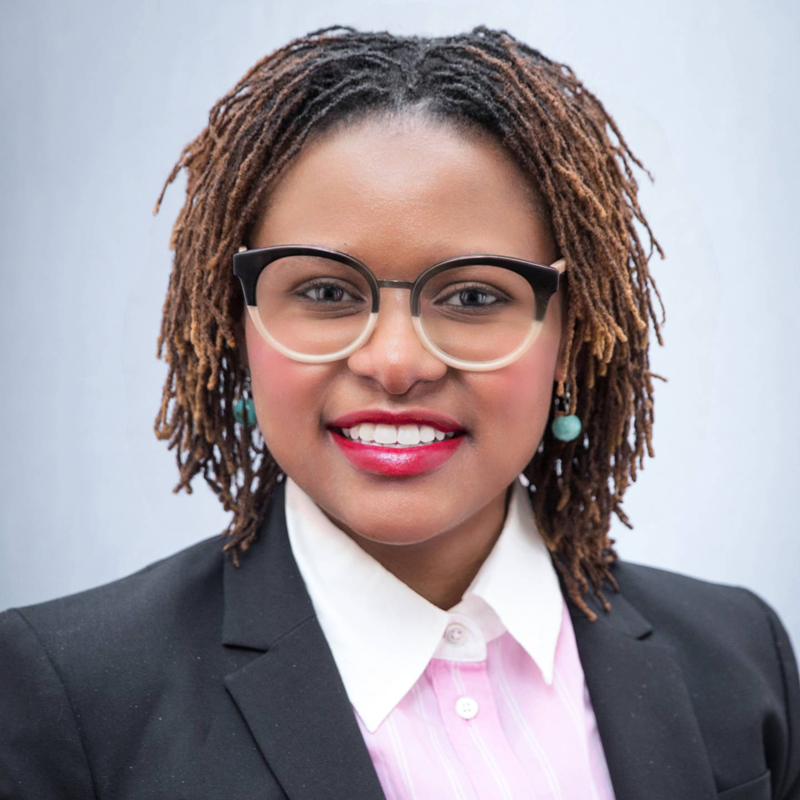Q&A with State Rep Park Cannon
Park Cannon
State Representative, Georgia
 Tell us about your background. What are the experiences, including education, that make up the person you currently are?
Tell us about your background. What are the experiences, including education, that make up the person you currently are?
I was born in Albany, Georgia; which is in the southwestern part of the state and largely rural, but also spent some time during my formative years living in the Carolinas, New York, and with family in Vermont. I attended UNC Chapel Hill and have a degree in Linguistics – and I think my training in the nuances and intricacies of language has been important to my political career since the medium of politics is almost always language (also action.. but I digress). I almost attended a university on the west coast, but there was an incident of racism that happened during my first week there that led me to reconsider. I don’t want to dwell on that, but it was certainly jarring and made an impression that has stayed with me.
What was your trigger moment and why this specific office?
When we learned that there would be no charges against the officer who murdered Michael Brown in 2014 I was participating in protests in Atlanta and feeling that moment very deeply. As our march passed by the gold dome of the state capitol, I got caught up in the reflection of what it would take to really make change; that’s the moment when things really aligned in my mind that I needed to run for office and start using my own agency to push the State in the right direction. Running for office is always a big undertaking, mentally, resource-wise, but State House seemed like the most attainable thing that would help do what I believe needed to be done.
What made you feel qualified to run for office?
Family and friends. It might not have happened at all without the people around me who told me – repeatedly, convincingly, that I was qualified. It’s so easy to doubt yourself and think it’s too big a deal, that it’s just an ego trip. You need people who can keep bringing you back to the ground and telling you that you’re good enough.
Do you work full-time or part-time?
Part-time.
Most people don’t know what their elected official does on a daily basis. What’s a typical day looking like for you?
Talking to people, either trying to move narratives and pieces or to listen to constituents’ concerns and help them get resources, shelter, etc. There’s plenty of organizing and administration: responding to emails and phone calls, letters, interview requests. It helps to have a team who knows you well. Just staying in touch with people.
Additionally, they might not know what their elected official is responsible for. What is your role in comparison to other elected offices on your level?
On a fundamental level, the State House is responsible for the budget. For me, that means always looking at the messages our budget sends – is this “moral document” reflecting the priorities that Georgians have in an accurate, appropriate way? And then to move that, you’ve got to find where the theoretical budget meets the real world- what’s falling through the cracks because it’s underfunded that Georgia’s people should know about? How do we use that pressure to change the budget, and who’s in the way?
This year I’m also Democratic Caucus Secretary, so I’m paying attention to everything coming from state leadership, trying to analyze what’s coming next and read the tea leaves for what this means as we go into special session and then the upcoming legislative session in January.
What do you think people would be surprised to know someone in your position does?
Probably work a day job. A Representative’s salary in Georgia isn’t much, certainly not enough to live on for a year. That tends to select for individuals with enough personal wealth or flexible jobs where they’re not worried about missing 3 months of the year for legislative duties; which disqualifies what I think most people would call a ‘normal’ person’s schedule. It’s just another aspect of how certain people want to make government a country club for the same types of people and keep others out. Myself, I’m a teacher and a Doula; and I think it’s part of my mission to go in there and break that up, as well as do everything I can so that more “average” people could also make their way inside.
What are 3-5 skills needed to be successful in the elected office you served in/are currently serving in?
The ability to think on your feet – the game is always changing. The ability to remember names and faces, and form meaningful relationships – even with people you won’t agree with. Last: keep calm under pressure and know when to say nothing – silence is an underrated tool.
What’s the best part about serving in elected office?
At the very best moments of this work, I know that I could be drafting a bill or voting on something that will really tangibly improve people’s lives. I love that it’s more than just advocacy, I’ve got my hand on the proverbial lever in some ways.
What has been the accomplishment you’re most proud of while in office?
Getting dedicated annual funding put in Georgia’s budget for people living with HIV.
In terms of finances, how much money did you have to raise for your campaign?
$50,000.
What’s one piece of advice you would give to someone who’s thinking about running for the position you serve/have served in their community?
Clear up your social media, inform your family, be bold in every step you take.
